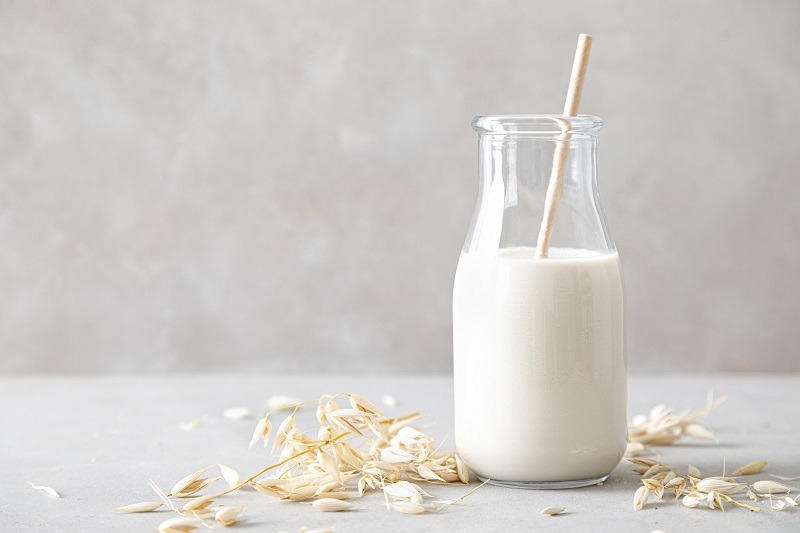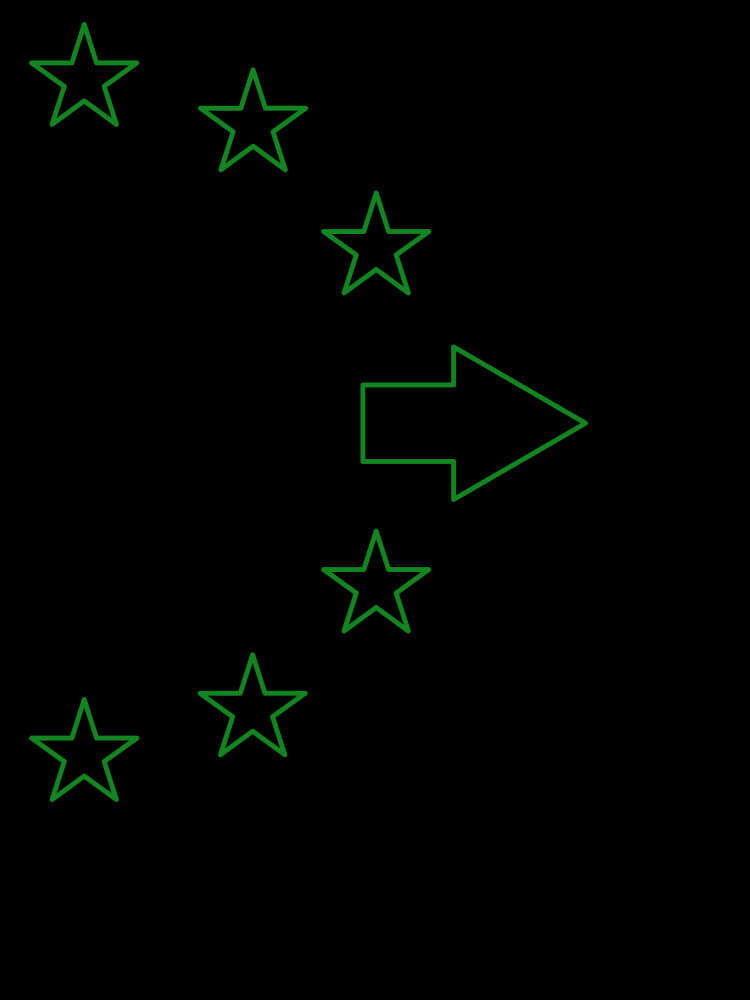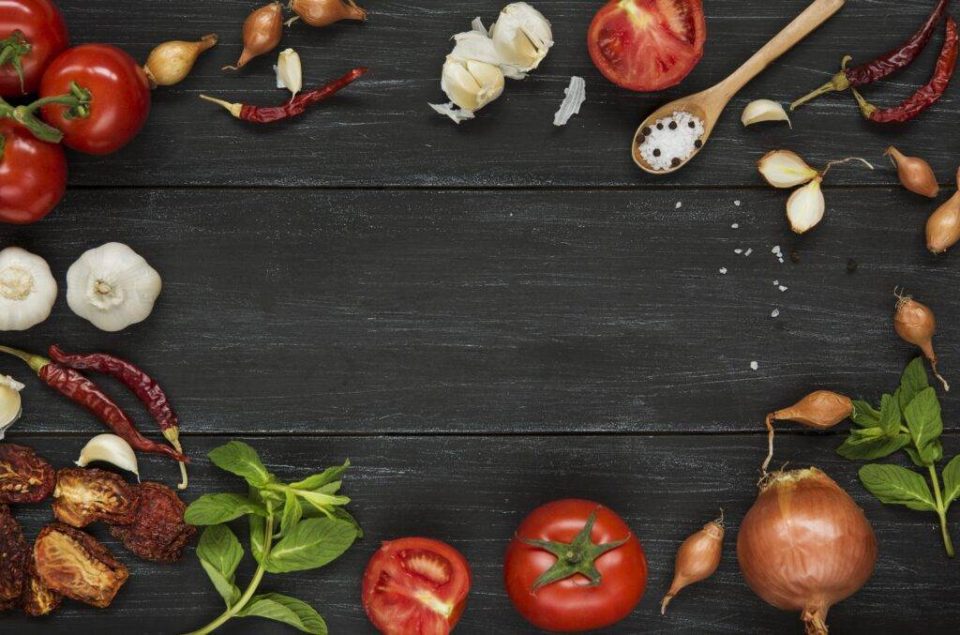Protecting IP in plant-based ‘meat-substitutes’
Innovation in the plant-based meat sector is aiming to help to solve some of the problems associated with animal-meat production.
Read more
Innovation in the plant-based meat sector is aiming to help to solve some of the problems associated with animal-meat production.
Read more
The recent case concerning oat-based drinks OATLY and PURE OATY highlights the difficulties in enforcing rights in a descriptive trade mark against third parties.
Read more
This series of articles explores the effect of COVID-19-related disruption on start-ups’ management and monetisation of intellectual property (IP), giving practical guidance to start-ups to improve and preserve their position
Read more
This episode of the podcast features Bill Lister and Chris Thomas, specialist IP solicitors who help clients in the UK and around the world manage IP disputes in a commercially and legally sensible way. Chris and Bill discuss how to prevent disputes, and what to do if they arise.
Read more
In a recent decision, the UK Intellectual Property Office found in favour of Cambridge University and upheld an opposition against a trade mark application for CAMBRIDGE BLUE.
Read more
Patents are one of the most well-known types of intellectual property (IP). However, what can be patented is often less understood by new entrepreneurs and innovators.
Read more
A discussion of requirements, benefits and risk in Canada, Japan and the U.S.
Read more
The United Kingdom has left the European Union. When the transition period ends on 31 December 2020, new national UK rights will be created automatically. We have been busy making preparations and Appleyard Lees is ready to ensure smooth management of your trade mark and design portfolio.
Read more

Summary A small healthy ready meal delivery business Fit Kitchen Limited (FKL) saw victory at
Read more
Unregistered design rights (UDR) protects the shape or configuration of the whole or part of an article, excluding surface decoration. The design must be original and must not be commonplace.
Read more